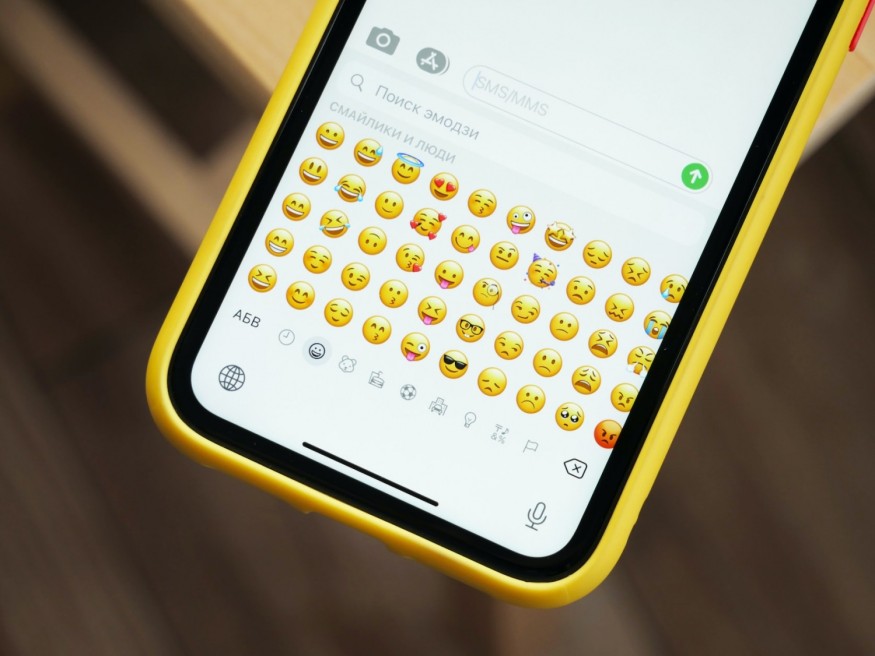
While emojis have been used these for casual communication, doctors think that they can help with healthcare as well.
Emojis in Healthcare
According to MailOnline, doctors suggest that emojis can be used to assist stroke patients and other patients using ventilators in communicating with their physicians and expressing symptoms.
Scientist Kendrick Davis from the School of Medicine at the University of California, Riverside, has been coming up with a measurement system that is based on emojis for the last two years. Davis and his co-researchers have asserted the value of emojis in healthcare in a commentary published in JAMA Network.
The researchers think that using emoji in healthcare solutions comes with various advantages, including their accessibility to diverse groups and global appeal. These emojis could serve as a tool for patients who are unable to speak.
Simplifying Communication
They explain that emojis can promote communication between healthcare providers and patients and that a universal language system based on emojis can be made with a common agreement in terms of meanings.
Davis adds that most medical communication is not fully linguistic and usually involves questionnaires and surveys. The researchers think that the use of emojis can bypass age, language, and education limitations.
According to the Jerusalem Post, he adds that while surveys are typically given to patients in several care stages, several surveys are filled with medical jargon that can be hard to understand. This is where emojis could come into play. These icons could replace words that patients find hard to understand.
The researchers note that there are emojis for typical medical items, such as stethoscopes, syringes, and pills. However, most body organs are not represented by an emoji. Other medical equipment, such as a weighing scale and IV bag, also do not have corresponding emojis.
Dr. Shuhan He from Harvard Medical School and Jennifer Lee from the Emojination and Unicode of California, who are both study co-authors, add that in order to come up with standardized emoji sets that are medically relevant, medical communities and relevant institutions should agree with each other on the symbol's use and meaning.
Barriers that such an emoji system could overcome include speech issues. Davis adds that patients may be unable to speak as they receive medical attention. Emojis could then come in handy in these situations. The patients could simply point to emojis to represent how they feel.
He also notes that emojis could be helpful in countries with high illiteracy rates.
Davis explains their hopes that the commentary will increase the legitimacy of knowing about the potential of emojis that goes beyond their cartoon-like appearance. Such icons have power due to their frequent use in communication. He adds that if using emojis for patient-physician communication is seen as meaningful, the system may also work in other areas where products or services are delivered to individuals.
Check out more news and information on Medicine and Health in Science Times.
© 2026 ScienceTimes.com All rights reserved. Do not reproduce without permission. The window to the world of Science Times.












